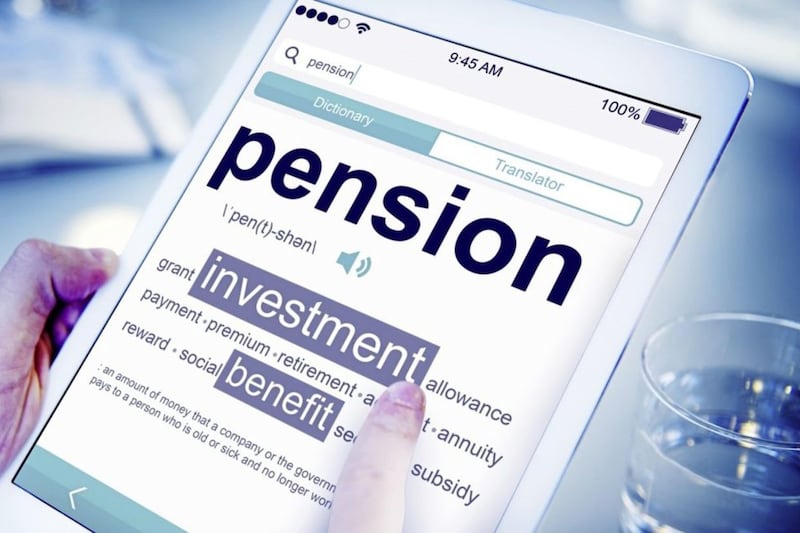QUESTION: I finished my university degree five years ago and I have been employed by a large multi-national company since. I am now thinking of setting up on my own and offering my IT website design services to smaller businesses in Northern Ireland.
I have already secured one client who would like me to work two or three days a week for them for six months. I would like to be self-employed, but I am concerned that I could be an employee. What tests do HMRC look at to confirm my working status?
ANSWER: Whether you are employed or self-employed will make a difference to the amount of tax and national insurance contributions (NIC) you have to pay, as well as how you pay it.
If you are an employee, your employer is required by law to operate pay as you earn (PAYE) tax and class one NIC on your wages and pay it to HM Revenue & Customs (HMRC) on your behalf.
If you are self-employed you pay income tax through the self-assessment tax return system, as well as class two and class four NIC directly to HMRC.
There is no straightforward legal definition of what it means to be employed or self-employed.
Over the years the law courts have looked at this question many times, and they have identified some situations in which you are definitely employed and others when you are definitely self-employed.
But there are other situations where the position is not clear.
The general rule is that you will be an employee if you work for someone and do not have the risks of running a business, and self-employed if you run your own business on your own account and are responsible for the success or failure of that business.
Whether you are employed or self-employed is not a matter of choice; it depends on the circumstances.
You are likely to be an employee if:
• You can be told what work to do, as well as how, where and when to do it.
• You have to do the work yourself.
• You can be moved from task to task.
• You are contracted to work a set number of hours and get a regular wage or salary, even if there is no work available.
• You have an employment contract and work for a business which is not your own and in which you are not a partner.
• The person or company you work for gives you time off for things like sickness and holidays, which is usually paid subject to the terms of the employment or according to statutory rules.
• You can be employed even if you only work part time or have flexible hours or if you are only on a short contract. But if you have a lot of short contracts which you organise and set up yourself, you are more likely to be self-employed.
You are likely to be self-employed if you meet the following tests:
• You agree to do the work, but you can send someone else to do the job for you, for instance, a builder who can send another person with similar skills in their place.
• You probably have several customers at the same time. You can do the work how, where and when you like, for example, a writer who agrees to write a book and can write whenever they want to, as long as they meet the deadline set by the contract.
• You run a business and take responsibility for its success or failure, such as a joiner who has to redo unsatisfactory work and cannot charge the customer for the time spent redoing the work.
• You provide the main items of equipment or specialist tools you need to do your work, such as a pick-up truck, or scaffolding.
None of these tests are conclusive. You have to weigh a number of different factors together to get an overall picture.
If you set up your business with the intention of doing work for other customers and you take on work at your own risk then it would appear that you are self-employed and you should register with HMRC.
Malachy McLernon (m. mclernon@pkffpm.com) is a director of PKF-FPM (www.pkffpm. com). The advice in this column is specific to the facts surrounding the question posed. Neither The Irish News nor contributors accept any liability for any direct or indirect loss arising from any reliance placed on replies.








